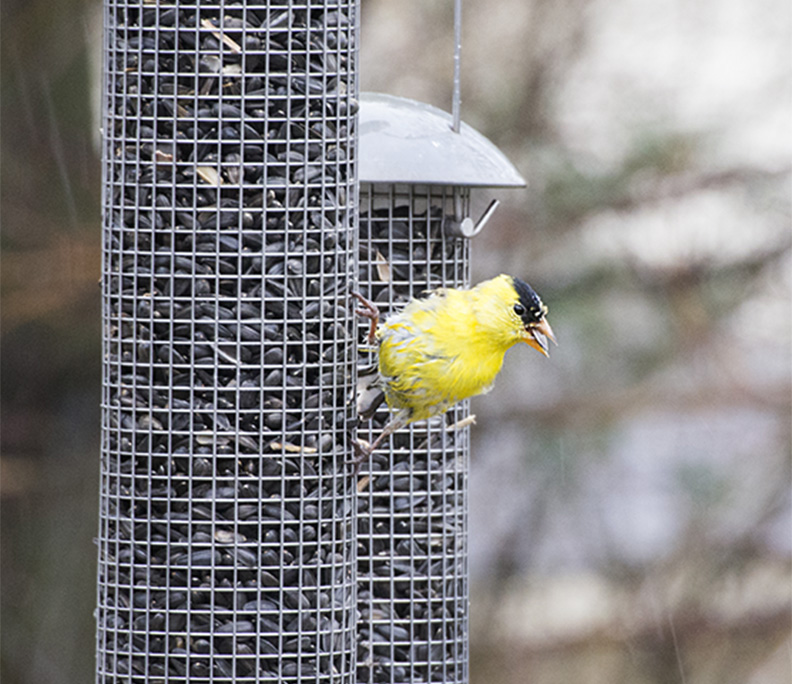Garden
 4th of July Scout Report: Retraction Watch, Slate's Audio Book Club, Plant Lovers, Genealogists Resources, Boston Massacre Perspectives and Poughkeepsie Regatta
4th of July Scout Report: Retraction Watch, Slate's Audio Book Club, Plant Lovers, Genealogists Resources, Boston Massacre Perspectives and Poughkeepsie Regatta
25 Years of Hubble Space Telescope; finding and using health statistics has become requisite for a number of careers; biographies of women who have made contributions to fields as diverse as chemistry, primatology, biophysics, and astronomy; distinctive literary titles with expert book lovers from around the country; retracted papers in a wide variety of fields, some due to fraud, others just to mistakes in experiments or the publishing process; "Start Your Family Research" section; 1940s knitting patterns and other interesting sites. more »
 House of Buckets: Adapting to the Drought Crisis in California and ... Cats Don't Count But Showering Together Does
House of Buckets: Adapting to the Drought Crisis in California and ... Cats Don't Count But Showering Together Does
Roberta McReynolds writes: What every citizen of California does to conserve even a drop of water that can be allocated where it is needed most benefits everyone in the country. I'm certain you'll be pleased to know that many of us currently live in houses with buckets tucked under every faucet, and it's making a difference. It's given an entirely new meaning to having a 'bucket list', but I'll get back to that shortly. more »
 Ferida Wolff's Backyard: A Brilliant Goldfinich Growing Up, A Respected Dandelion Herb and The Wandering Lily of the Valley
Ferida Wolff's Backyard: A Brilliant Goldfinich Growing Up, A Respected Dandelion Herb and The Wandering Lily of the Valley
The male American Goldfinch is a brilliant bird. His bright yellow feathers attract the attention not only of the female goldfinch but of anyone nearby. The yellow dandelion flowers have changed into fairy seeds, catching the slightest movement of wind or breath to send them into new growing places. Lily of the Valley graces gentle things like weddings and religious services. It is seen as the flower of fairies in folklore. It's included in many birthday bouquets. It's hard to believe that such a delicate plant is so vigorous. But maybe that's why it is so loved. more »
 Is the Queen Bee Lack of Effectiveness In 'Availability' to Blame? Bee Informed Partnership Releases Another Discouraging Report About Bee Colony Loss
Is the Queen Bee Lack of Effectiveness In 'Availability' to Blame? Bee Informed Partnership Releases Another Discouraging Report About Bee Colony Loss
Beekeepers do not only lose colonies in the winter but also throughout the summer, sometimes at significant levels. In the summer of 2014 (April – October), colony losses surpassed winter losses at 27.4% (total summer loss), with summer losses of 19.8% in 2013. Importantly, commercial beekeepers appear to consistently lose greater numbers of colonies over the summer months than over the winter months, whereas the opposite seems true for smaller-scale beekeepers. Beekeepers reported losing 42.1% of the total number of colonies managed over the last year, second highest annual loss recorded to date. more »






